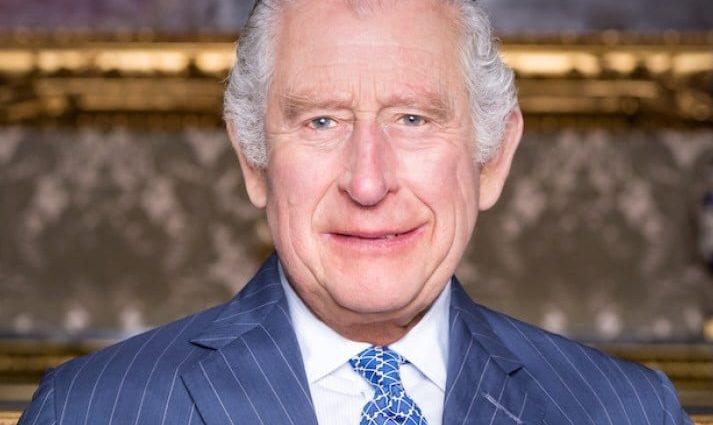MONDAY, April 29, 2024 (HealthDay News) — Britain’s King Charles III is back to resuming his royal duties following treatment for cancer, Buckingham Palace announced Friday.
“His Majesty The King will shortly return to public-facing duties after a period of treatment and recuperation following his recent cancer diagnosis,” the Palace said in a statement.
On Tuesday, Charles and Queen Camilla are slated to visit a cancer treatment center “to mark the milestone” of his return to public life, and “this visit will be the first in a number of external engagements His Majesty will undertake in the weeks ahead,” the Palace added.
The King, 75, had withdrawn from public duties since his discharge on Jan. 29 from London Clinic private hospital after being treated for an undisclosed form of cancer. He had spent three nights at the hospital after surgery for an enlarged prostate.
“During The King’s recent hospital procedure for benign prostate enlargement, a separate issue of concern was noted,” the Palace said in a statement issued Feb. 5. “Subsequent diagnostic tests have identified a form of cancer.”
“His Majesty has today commenced a schedule of regular treatments, during which time he has been advised by doctors to postpone public-facing duties,” that statement added. “Throughout this period, His Majesty will continue to undertake State business and official paperwork as usual.”
“He remains wholly positive about his treatment and looks forward to returning to full public duty as soon as possible,” the Feb. 5 statement said. “His Majesty has chosen to share his diagnosis to prevent speculation and in the hope it may assist public understanding for all those around the world who are affected by cancer.”
One expert said that without knowing the type of cancer that King Charles has, it’s only “speculation” as to where the tumor originated.
“Since it was detected at the time of a prostate procedure, the most likely cancer is urothelial carcinoma of the bladder, or more commonly known as bladder cancer,” said Dr. Justin Friedlander, a professor of urology/urologic oncology at Fox Chase Cancer Center in Philadelphia.
“Cancer of the bladder that is limited to the surface tissue of the bladder is often treated with local therapy — chemotherapy or immunotherapy delivered into the bladder via a catheter,” he said.
“Treatments are performed on an outpatient basis at specified intervals with periodic inspections of the bladder with a scope, known as cystoscopy, to assess for treatment response,” Friedlander added. “Most patients treated in this manner are able to go about with their regular activities in between treatments — hence how the King is able to attend to the majority of his schedule.”
The Palace noted that the Emperor and Empress of Japan are scheduled to visit the United Kingdom in June, and King Charles will take part in those events.
“As the first anniversary of The Coronation approaches, Their Majesties remain deeply grateful for the many kindnesses and good wishes they have received from around the world throughout the joys and challenges of the past year,” the Palace added.
Catherine, Princess of Wales, also announced on March 22 that she is battling an undisclosed form of cancer, following abdominal surgery conducted in January.
“In January, I underwent major abdominal surgery in London and at the time, it was thought that my condition was noncancerous,” she said in a video announcement in March.
“The surgery was successful. However, tests after the operation found cancer had been present,” she added. “My medical team therefore advised that I should undergo a course of preventative chemotherapy and I am now in the early stages of that treatment.”
Catherine, who is 42, said her diagnosis was “a huge shock” and that “William and I have been doing everything we can to process and manage this privately for the sake of our young family.”
SOURCES: Buckingham Palace, statements, April 26 and Feb. 5, 2024; Kensington Palace, video, March 22, 2024
Copyright © 2026 HealthDay. All rights reserved.

